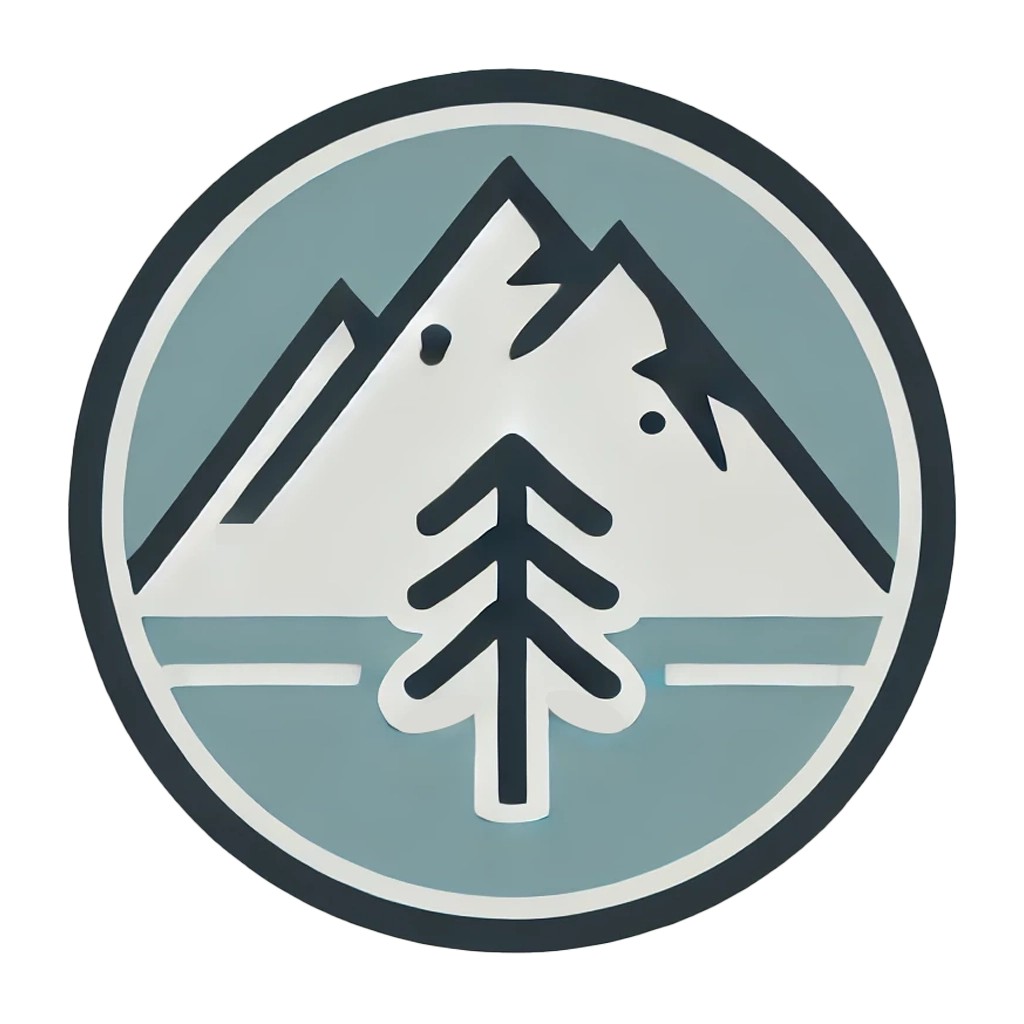Cache
Find a safe and interesting location to hide your cache. This could be a place with a beautiful view, a local point of interest, or simply a discreet spot. Ensure the location is accessible to other geocachers and respects local rules and private property.
Logbook
Find a safe and interesting location to hide your cache. This could be a place with a beautiful view, a local point of interest, or simply a discreet spot. Ensure the location is accessible to other geocachers and respects local rules and private property.
GPS (Global Positioning System)
Navigation system used to determine the exact coordinates of a cache. Geocachers use a GPS device or a smartphone to find caches.
Waypoint
GPS coordinates that indicate the location of a cache or a specific point to visit during a treasure hunt.
Travel Bug (TB)
A trackable item with a unique number that travels from cache to cache. Geocachers follow the movements of Travel Bugs online.
Geocoin
Metal collectible item used in geocaching. Geocoins are also trackable and often feature unique designs.
SWAG (Stuff We All Get)
Small trade items left in caches by geocachers. Items can be taken and replaced with others of equal or greater value.
Moldu
Term borrowed from the Harry Potter universe, used to describe a person who is not initiated into geocaching. ‘Muggles’ may accidentally discover a cache or be curious about the activities of geocachers.
FTF (First to Find)
Type of cache that requires finding multiple stages or clues before discovering the final location.
DNF (Did Not Find)
Clue used by geocachers to indicate that they have not found a cache after searching for it.
Cache Multi
Type de cache qui nécessite de trouver plusieurs étapes ou indices avant de découvrir l’emplacement final.
Mystery Cache
Type of cache that requires geocachers to solve a riddle or puzzle to obtain the coordinates of the final cache.
CITO (Cache In, Trash Out)
Geocaching community initiative encouraging participants to pick up trash during their geocaching expeditions, in order to contribute to environmental preservation.
Spoiler
Information or photo that reveals the exact location or nature of a cache, often considered as spoiling the discovery.
Géocaching Virtuel
Type of cache that does not have a physical container. Geocachers usually need to answer a question or take a photo to validate their find.
Hint
Clue given by the cache owner to help geocachers find the cache. Clues can be deciphered or left clear.
EarthCache
Type of cache that guides geocachers to an interesting or educational geological site. Instead of finding a container, geocachers must answer questions about the natural site.
Owner
Person who creates and places a cache, responsible for its maintenance and updates.
Trackable
General term for any item (such as Travel Bugs or Geocoins) that can be tracked across different locations via a unique number.
Cache Size
Indication of the cache size, ranging from micro (very small, often the size of a film canister) to large (such as an ammo box). The size gives geocachers an idea of what to look for.
Geosense
Skill developed over time by experienced geocachers, allowing them to guess where a cache might be hidden, even before checking the exact coordinates.
Archive
Action of removing a cache from active play. A cache can be archived if it is damaged, missing, or not maintained by its owner.
Found It
Term used to log a successful find of a cache on a geocaching website.
Event Cache
Meeting organized by geocachers to socialize, exchange advice and stories, and sometimes participate in group activities.
